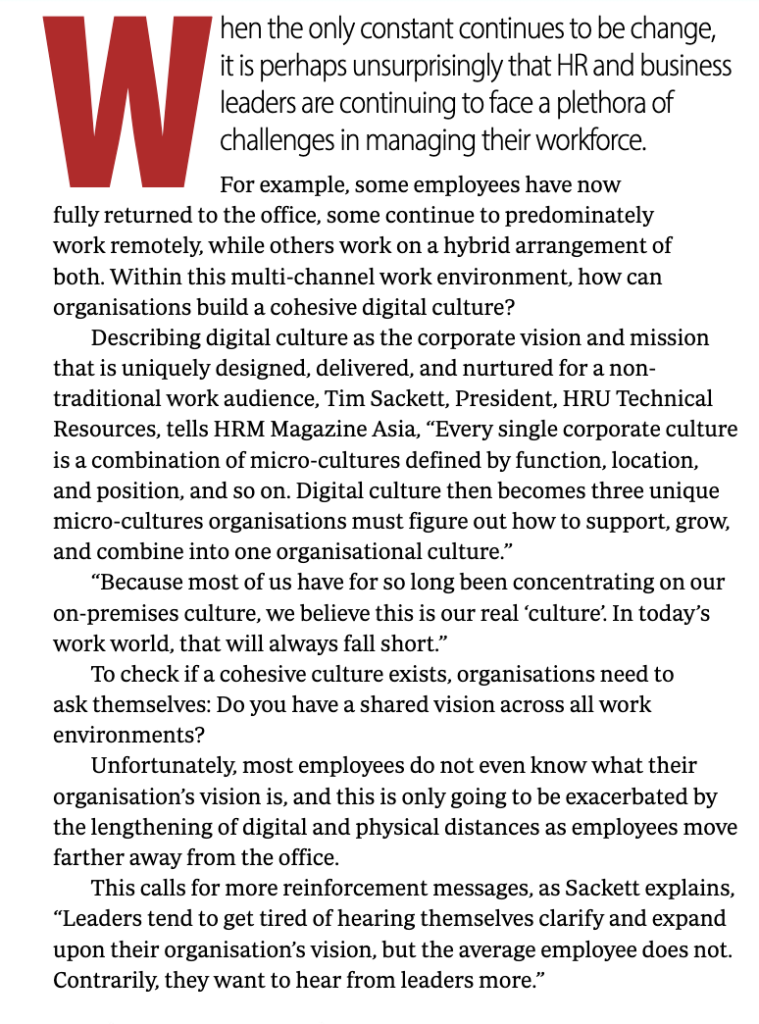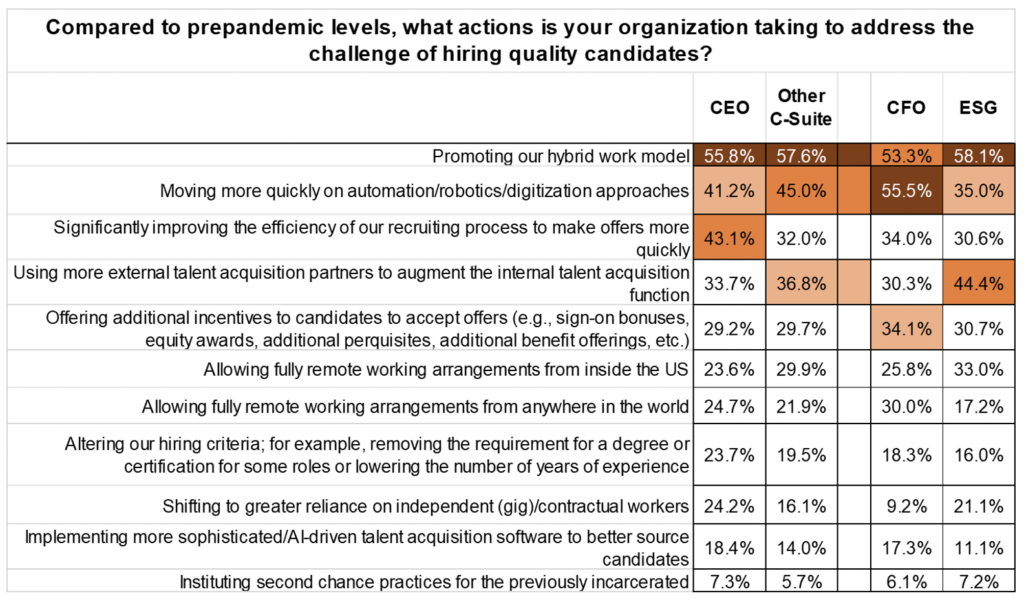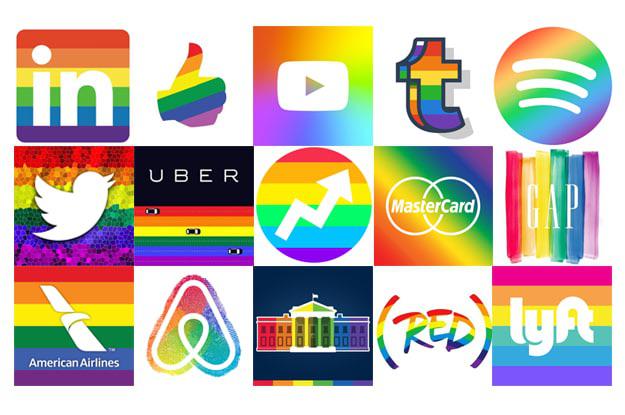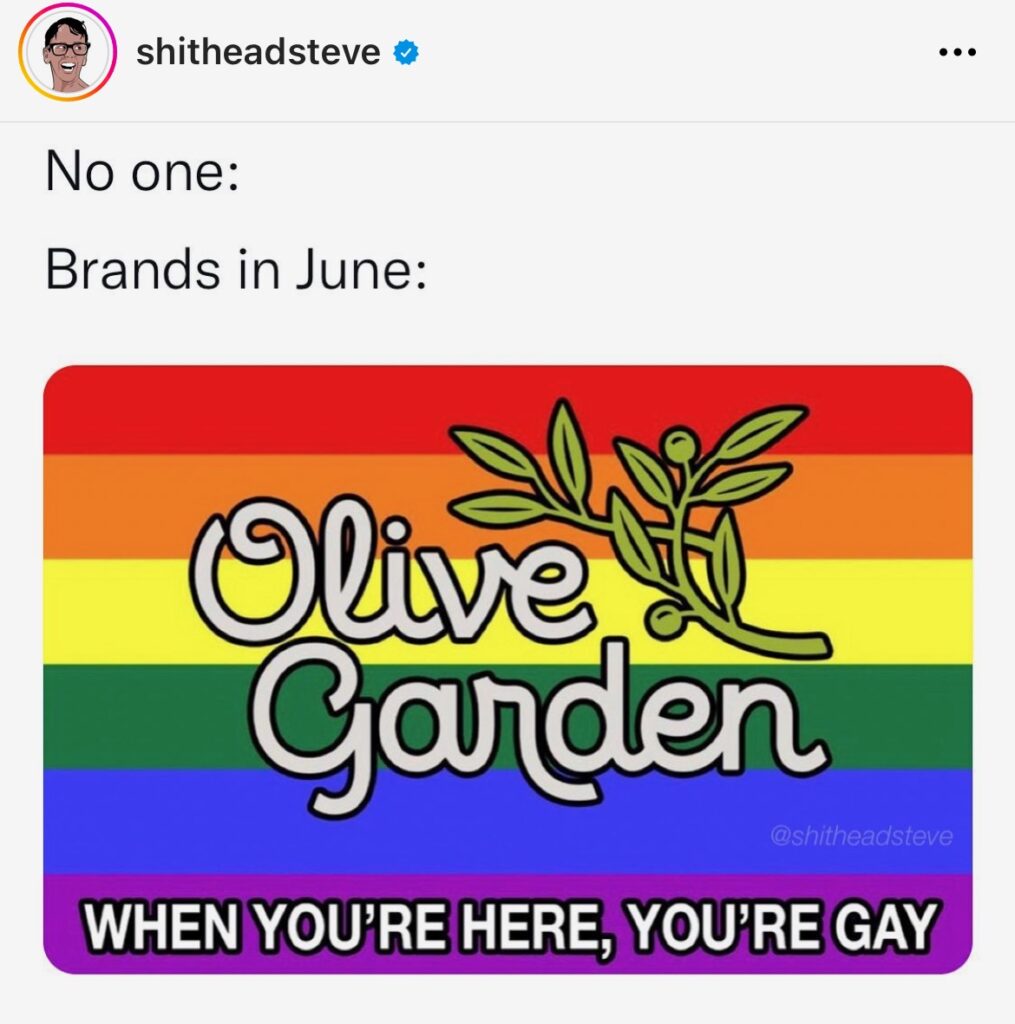President Biden this week announced some college loan forgiveness for certain individuals holding federal student loans. There are a bunch of details, but I’m not going to get into those here. You can read about them on a thousand different sites in detail. I want to talk about whether forgiving student loans is something we agree with or don’t agree with.
There seem to be two camps. On one side, most holding current student loan debt, but not all, think this is a great thing. Those who have this burden now have less and can move on with their careers and build their lives with a little less burden.
On the other side, you have folks who went to college, incurred debt, went to work, and paid that debt off. The government didn’t help them, but that was what they signed up for, and they made it work. They might have had this debt decades ago when attending college was much less expensive, or maybe they went got only a few years ago but worked like crazy to ensure they paid it off.
The fact is, student loan debt for all those who have it can be crushing. The reason most people decide to take on that burden is that they believe getting that college education will lead them down a path to a better life. The ROI on a university education is still pretty good in the U.S.
I’m in both camps.
I went to university and had parents who couldn’t help me. I left with student loan debt, and my wife and I worked very hard to pay off that debt. We laugh about how we would come home to our first apartment and go sit in the bedroom because we had no furniture but a bed. We couldn’t afford furniture because my monthly loan payment took up our extra money.
Yeah, yeah, and I forgot to tell you I walked uphill, both ways, to work…cry me a river, right?
When I started in HR, we never spoke about the burden of student debt for those we hired. It wasn’t as big a portion of the monthly expenses of new grads, so while they had the debt, they could still handle it. Now, it’s a major topic of conversation when HR talks about talent attraction and retention. It’s a major topic of conversation when we talk about benefits and incentives. The amount of student debt has become outrageous.
This question of forgiving student debt is very difficult.
There’s a piece of this that is about individual accountability. I took as few loans as I could while I was in college because I knew I had to pay them back. I worked multiple jobs all year while going to school. I chose a school that was inexpensive because I knew I had to pay for it. I didn’t go on Spring Breaks. I had a beater of a car. I bartered meals for services I could do. I was accountable for the debt I took on.
As a person who hires people now, I frequently will ask new college grads how they paid for their education. What part did you pay for through work? What part did you have to borrow? What part did your family cover? What about scholarships? The effort you put into paying for your burden speaks a lot about how you will be as an employee. I’m not saying that if you are fortunate to have parents who were able to help you pay for school, you can’t be great. You can. I rarely meet someone who worked their way through school on their own and doesn’t have a great work ethic.
What does this have to do with student loan forgiveness?
There’s no difference in having someone pay your debt if it’s not you paying for your debt. It’s not teaching you to value the commitment you made. You committed to a loan that had to be paid back. Mom paid it off. Your company paid it off. The government paid it off. You got from under your debt through no work of your own. You will be more likely, moving forward, to take on debt believing somehow, in the future, someone else will bail you out.
The problem with the thinking above is it’s still really f*cking hard to start life out in a hole, and too many people in our society are starting out in a hole. Some were hard-working enough to make it out of one hole and get into college, only to find themselves in the next hole. And often, that hole is just too deep to escape from.
I believe every single kid in our country who puts in the work in school should have access to a great college education, and that education should not bankrupt their future. At the same time, I’m not sure just giving them a get-out-of-college debt Monopoly card is the answer. Our country has a crisis when it comes to federal, state, and local government hiring. What if students could do some kind of government job corps that gave them a fair salary and experience, and for that, each year, they had a portion of their student debt forgiven? Or come up with some other sort of plan that taught with any debt you purposely decide to take on, there is accountability to pay it back.
These are your tax dollars.
Let’s face it our government is historically bad at spending our tax dollars. If you were to go out and ask the US population, do you want your “personal” tax dollars spent on paying off someone else’s student loan, you would be lucky to get a 50/50 split. Going to college and incurring college debt is still a privilege in our world.
What about paying off the car loan a single mom has that she had to take on so she could go to work to pay her rent and put food on the table for her kid? Should we pay that off as well? It’s a slippery slope when we start paying off individual obligations people make. Great, you want to be an Artic Beetle History major, and now you can’t find a job. That’s okay. Let us pay off that awful decision you made with my hard-earned tax dollars.
The real solution isn’t paying off student debt. It’s a political stunt!
The real solution is taxing colleges and universities that have become empire builders under their tax-exempt status. We, the U.S. population, allow higher ed to continue to build world-class structures and increase prices to the point that is ridiculous. Dorm rooms have become five-star hotels, okay, 3-star, but definitely Courtyard by Marriott level accommodations! My dorm room was more akin to a prison cell.
Why has this happened?
Universities are in the business of keeping kids in college as long as possible. The longer you stay, the more tuition and fees they will get. No longer can a normal kid make it out in four years. God forbid you to change majors and move schools. You will definitely be on the five to six-year plan. Higher education in the U.S. has become the biggest racket outside of health insurance in the entire country!
The crazy part about this is it seems like no one in politics is talking about this fact. We care that it costs too much, but we never do anything to make higher ed run like a real business.
Student loan forgiveness isn’t about helping students. It’s about votes. If we really wanted to help students, the government would go after our “non-profit” colleges and universities and create a system where all students could go and afford a proper education for a respectable cost. Like Taylor Swift wrote, paying $10K in student loan forgiveness is like putting a bandaid on a bullet hole. We aren’t solving the problem, and we are partially addressing a symptom and then acting like we cured cancer. In the long run, my fear is this behavior just will make the problem worse.





